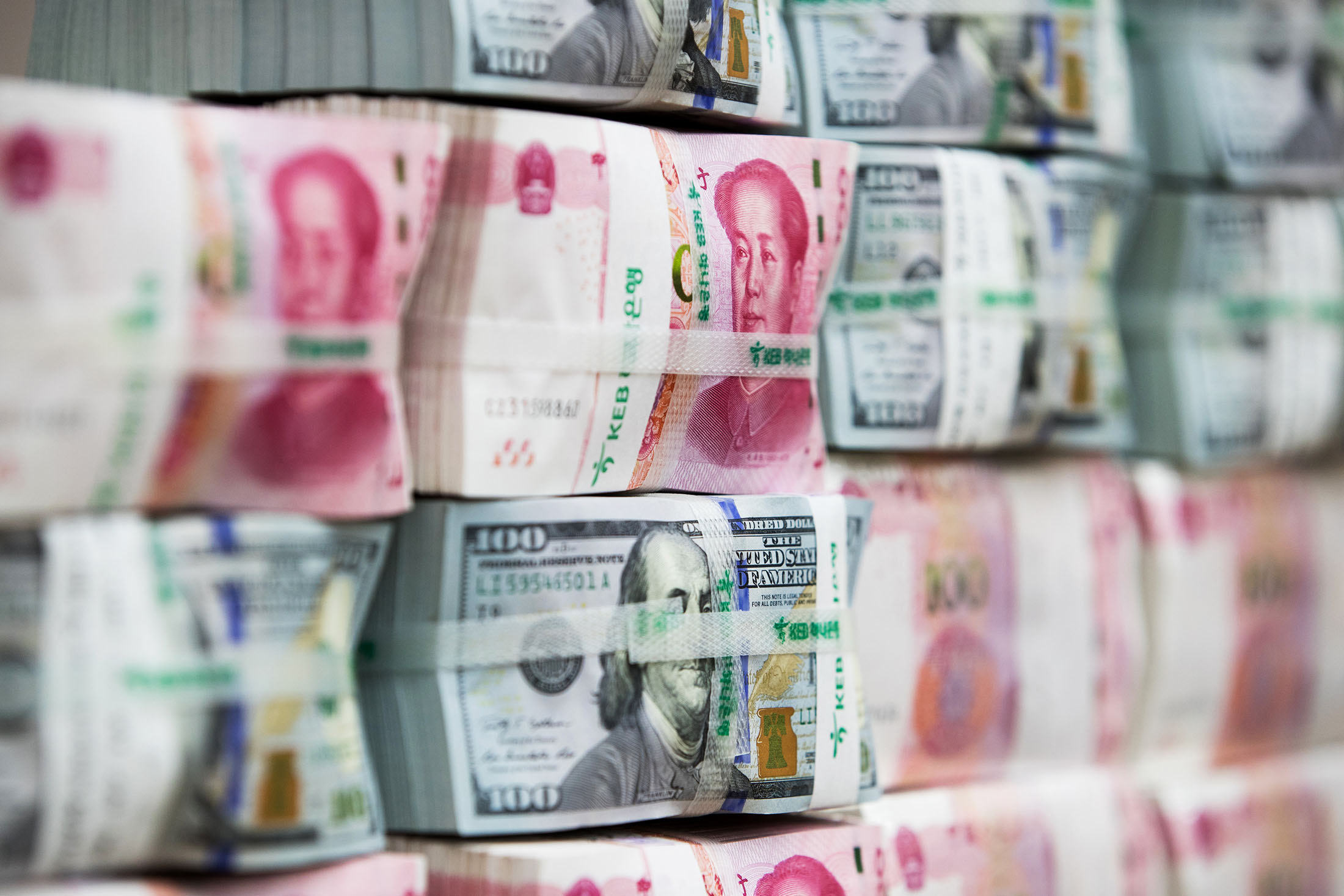
Forbes commented that while China laid out several stated goals at its central economic work conference at the end of last year, including maintaining financial stability, reducing poverty, and improving the environment, the biggest unstated economic outcome that we can expect in 2018 is continued strong government involvement in the economy. This comes with a host of problems as marketization of the economy is stalled. Stronger government presence will be found in three major areas: State owned enterprises, Financial markets and Capital controls and exchange rate... Expanded government presence in the economy doesn't come without a cost, however. First and foremost, SOEs are less profitable and efficient than private enterprises. They produce a smaller amount of GDP compared to that generated by the private sector, but consume about a third of bank loans and investment...Second, government intervention in financial markets has led investors to become careless...Finally, capital and exchange rate controls stall China's RMB liberalization and financial reform processes. While it is clear that China is interested in promoting an internationalized currency, without opening up of the capital account and exchange rate regime, this will remain a distant goal. Furthermore, capital inflows and outflows are restricted, reducing China's participation in the global economy...Heavy handed state intervention will continue through 2018, for better or for worse. This will help to ensure stability, for sure, but at the expense of market reform, growth, and internationalization.
Fianancial Times reported that Airbus is offering an industrial partnership with China on the A380 if Chinese airlines place orders for the world's largest passenger jet, whose future is in doubt unless it wins new customers. Fabrice Brégier, Airbus's outgoing chief operating officer, will hold early stage discussions on the subject when he heads to China on Monday as part of a trade mission accompanying French president Emmanuel Macron on his first state visit to the country. Airbus is also proposing to increase production at its Tianjin final assembly line, where it produces four A320 single-aisle aircraft a month. It could increase the rate to five a month, according to people close to the discussions, which would be factored into the planned global increase from just over 50 currently to 60 a month by next year. The talks come as the European aircraft manufacturer hopes to clinch a deal to sell some 100 aircraft to state-owned China Aircraft Leasing Group during the visit, according to reports. The order is likely to be a mix of single and twin aisle planes, with China not expected to order A380s at this stage. The rate increase could also be announced then. The moves are part of Airbus's strategy to strengthen its presence in China, where demand for aircraft is expected to outpace western orders significantly in the next decade. Both Boeing and Airbus are increasing their industrial presence in the country in an attempt to woo orders.
- 2018-01-05 China won't be prioritizing growth this year, economist says
- 2018-01-04 China and the US 'are about to ride a bumpy journey,' state news agency says
- 2018-01-03 Russia-China Oil Friendship Makes Crude Costlier for Europe
- 2018-01-02 Emboldened By A Strengthening Economy, China Flexes Its Diplomatic Muscles
- 2017-12-29 Trump said China was caught ‘red handed’ selling oil to North Korea. Beijing denies it did anything wrong.
- 2017-12-28 China's first constitutional change since 2004 may give Xi Jinping even more power
- 2017-12-27 Trying to fight pollution, China is now the world's largest issuer of 'green' bonds
- 2017-12-26 China's ancient strategies create a new challenge to the west
- 2017-12-22 China to Back Fresh UN Sanctions on North Korea Fuel
- 2017-12-21 Trump and China: 2018 could get nasty
- Financial Times PBoC researchers warm to interest rate rise "in the short term": state media
- Reuters China's central bank says it will skip OMOs on Monday
- Financial Times China Resources Beer confirms price increases
- Reuters Iranian oil tanker still ablaze after collision off China's coast
- Financial Times BBC China editor stands down in gender pay row
- Bloomberg Beijing's Yuan Ambitions Look Dashed
- Forbes "Star Wars: The Last Jedi" Underperforms In China
- Bloomberg Macron Visits China Echoing Trump's Call for More Market Access
- Reuters China fruit, vegetable prices surge as blizzards cut off roads, damage crops
- The Guardian US turns to Trump targets – UN, China and Mexico – for help in opioid crisis
- Wall Street Journal Chinese Car Buyers Like a New Option: Used
- Reuters China-backed AIIB may launch US dollar bond by end-June: state media
- Bloomberg China's Foreign Reserves Extend Rising Streak Amid Capital Curbs
- Reuters China gold reserves steady at 59.240 mln oz at end-Dec - central bank
- Financial Times China slashes number of baby formula brands in quality drive
